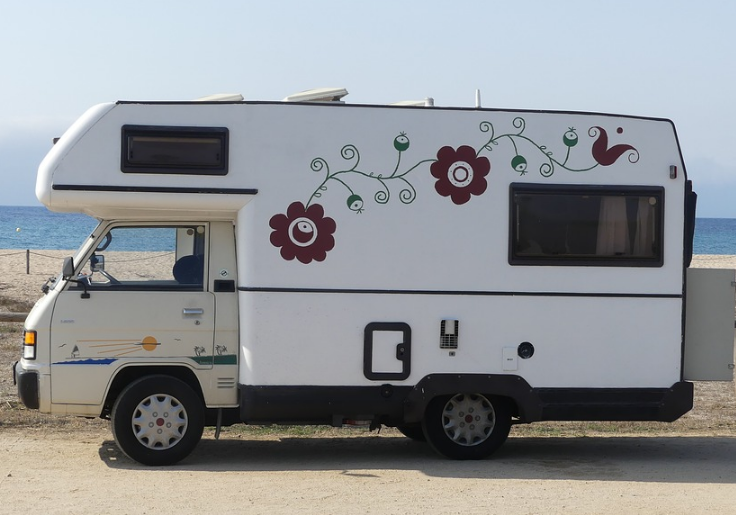
Many people are captivated by recreational vehicles (RV) like never before. A new generation of RVers is attracted to the open road, freedom to drive, and opportunity to explore the country’s many national parks and scenic roads. Whether you drive a motorhome, campervan, or pop out camper trailers, here are the advantages of traveling on an RV.
Cheap and Affordable
Affordable travel is very attractive to many first-time RV travelers. There are no hotels, flights, or restaurants. You have to pay for gasoline and insurance, as well as fees for RV parking or renting. Renting an RV is relatively inexpensive. The average daily cost of an RV is $55 and for larger RVs, it is $125. Outdoorsy gives you an idea of what you can afford. You can rent a 45-foot luxury RV for $500 a day, plus all taxes. Or you can rent a Winnebago for $100 a day. A night in a fully equipped RV park usually costs between $35 and $50. In highly desirable areas or locations, prices can be higher. An RV park can be a good option for lodging in an area where hotels are expensive.
Flexible and Sustainable
 Traveling by RV is the best option for those who want a flexible vacation. You can travel wherever you want and you are not tied to a fixed schedule. You can change your mind at will, and if you like the scenery, you may prefer to stay put. But to make sure you don’t lose coverage, find out the maximum length of your travel insurance. Many RV parks allow longer stays and the price of lodging may be less if you stay longer.
Traveling by RV is the best option for those who want a flexible vacation. You can travel wherever you want and you are not tied to a fixed schedule. You can change your mind at will, and if you like the scenery, you may prefer to stay put. But to make sure you don’t lose coverage, find out the maximum length of your travel insurance. Many RV parks allow longer stays and the price of lodging may be less if you stay longer.
Sustainability is another important feature of RVs. If you prefer to travel longer by RVs, better to make sure you have a pitch with full hookups so you can connect water, electricity, and sewer.
Accommodating
A stack of books. Your favorite cup of coffee. Board games or video games. A cupboard with snacks. With an RV, you can take the comforts of home with you. It’s ideal for those who have difficulty fitting the essentials into an airplane bag. But beware that too much luggage can be a hazard for your RV. Every RV has a certain load capacity. This number is usually found on a label on a cabinet or cupboard. Load capacity refers to the maximum weight that can be safely carried in the RV. Exceeding the load capacity is dangerous, as it can put a strain on the brakes, axles, and tires and possibly cause an accident.
Unique and Nature-Friendly
While it’s wonderful to fall asleep to the sound of crickets and owls, RV camping is a unique way to get close to nature. Not to mention the pain of waking up every morning with a sore back. In an RV you can enjoy the natural environment and sleep comfortably at the same time. If RV parks are too crowded for you, you can try boondocking: camping in an RV with no hookups. Just familiarize yourself with the rules. You must get a permit to park your RV in the designated area and then leave it as you found it. You can also buy low-cost membership for camping sites for free RV accommodations on farms, orchards, and ranches.
